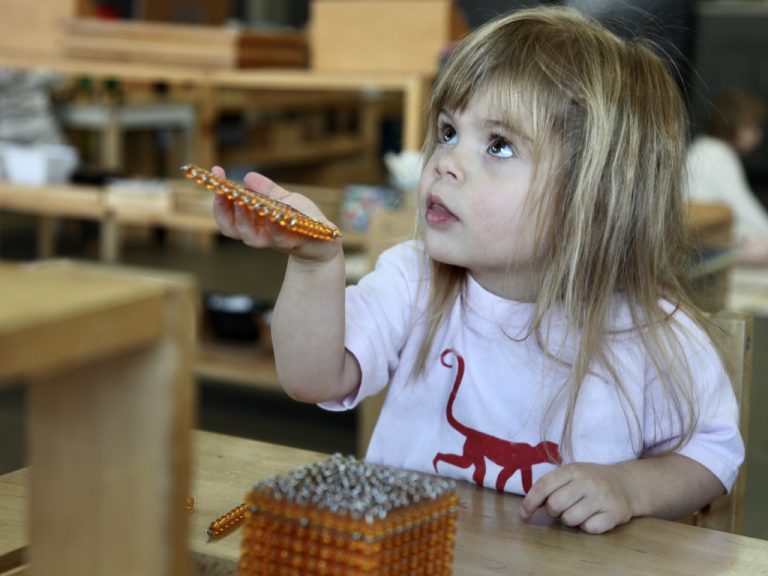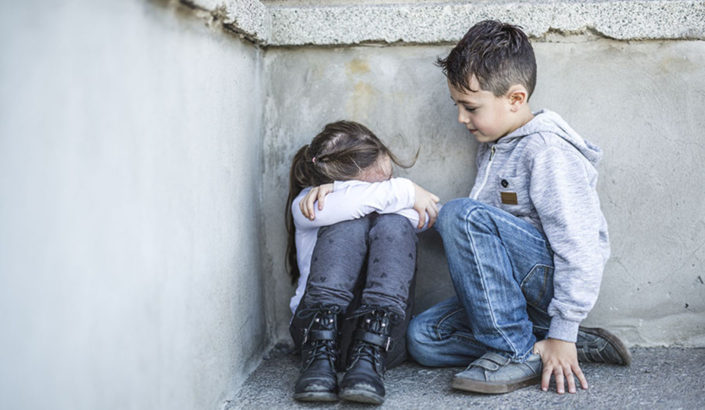Naps in Children: What Should They Be Like According to Age?
Sleep is an important part of children’s development, and naps are part of the amount of sleep a child should have each day. Sleep is the time when children recharge their energy to face all the activities of the day. However, it is important to know that the older the children are, the fewer hours of sleep they need, and that the time children take to nap during the day should be controlled so as not to affect their nighttime sleep.
Naps during the day are also important, because they prevent the child from reaching a state of exhaustion so profound that it affects his mood and impairs his physical and mental development. Even though it may sound contradictory, a child who is very exhausted has a harder time falling asleep at night.
Nap times in children according to their age
Newborns up to 6 months of age: during this time the baby will need to sleep between 14 to 18 hours per day; of which 9 to 12 hours are at night and the rest is divided into 3 or 2 naps during the day.
From 6 months to 1 year: sleep hours are reduced to 14 per day, with the night remaining the longest period of sleep; sometimes it is not interrupted so that the baby can breastfeed, but they may suffer from separation anxiety which will disrupt their sleep. During the day they will continue to take 2 to 3 naps of 20 minutes to 1 hour, depending on the baby.
From 1 to 3 years of age: sleeping hours range from 12 to 14 hours per day, naps are reduced to 1 per day up to a maximum of 3 hours; although younger children can take two shorter naps, it is recommended that they not be too close to nighttime sleep time because it can disrupt it.
From 3 to 5 years old: In this age range, sleep hours range from 11 to 12 hours, most of them during the night; they generally take a nap in the afternoon, although 5-year-old children may no longer want to take one or may not need to.
From 5 to 12 years of age: this stage is considered school-age and it is important that children take a 10 to 11 hour night-time rest. Children who need to take a nap can do so in the afternoon for 30 minutes; otherwise, if they need more rest, they should extend their hours of sleep at night.
How Do I Know If My Child Is Not Getting Enough Sleep?
Beyond the indicated hours, all bodies are different, so we want to share with you some signs that can help us identify if our child is not sleeping enough.
For example, if your child has a hard time getting up in the morning; has trouble concentrating at school; becomes very irritable, impatient or aggressive in the late afternoon; and if your child seems sleepy or drowsy during the day.
One or more of the signs mentioned above may indicate that your child needs more sleep; start making small changes to your routine according to the signs that appear.
If your child has a hard time getting up in the morning, try putting him to bed at least 1 hour or 30 minutes earlier. If he refuses, start with small changes. The first night, 10 minutes earlier and then gradually increase the time.
If the problem occurs in the afternoon with a bad mood, try increasing the nap time by 10 minutes and see if that is enough or not; otherwise, increase the time by 5 minutes until you find a positive change. Keep in mind that all children are different, so a more active child will need more time to rest than a more passive child.



